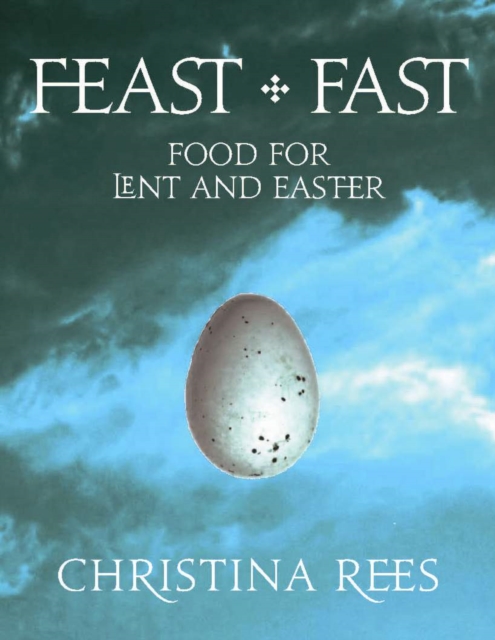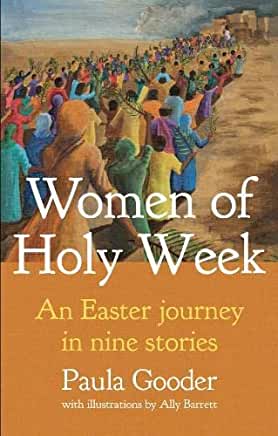
Mary is a very important person in our faith. Down the centuries so many have had a special devotion to her. So many churches are named in her honour – including our sister church down the road at Broughton. But what was she like – what picture comes into your mind when you hear her name? Is it that of a plaster statue such as the one in our side chapel, the Whitley Chancel? Do you imagine her a young girl being visited by an angel and accepting her fate with hardly a murmur of protest or perhaps that tranquil young woman holding a baby –looking like she never missed a night’s sleep in her life. What do we know about Mary? And what does her story tell us?
Well, it is believed she grew up in Nazareth, and was engaged to a carpenter called Joseph. She is, the Gospels tell us visited by an angel who tells her she will become pregnant and bear a son. She does question this ‘How can this be?’ she asks. To me Mary’s response reminds me that in our discipleship we don’t always have a clear picture of the road ahead. Mary took a huge risk in becoming pregnant outside of marriage which could have resulted in her being abandoned by Joseph and shunned by her family; but she said ‘yes’ to God. The message to us is that we will sometimes have to say yes to God even if we are not clear what the path will be.
We don’t know much about Jesus’ childhood but we do read the story of the family’s visit to Jerusalem for the Passover festival when Jesus stayed behind in the temple. Mary and Joseph assumed he was with the other children in the extended family group and when they discovered he was not they made a frantic journey back to Jerusalem and found him in the temple. I think any mother can relate to how she felt when this happened.
But as the 12 year-old Jesus rebuked his parents for not understanding that he had to be in his Father’s house, she must have remembered Simeon’s words when they presented their baby in the temple, that a sword would pierce her soul. Mary was obviously a woman of prayer, who we are told pondered things in her heart.
Mary appears again in the story of Jesus’ first miracle when the wine ran out at the wedding in Cana, Mary expected Jesus to solve the problem. She told the servants to do whatever he told them and the result was the miracle of water being turned into wine. Jesus says his time hasn’t yet come but Mary; it seems; is at least in part beginning to understand who her son was. Quite natural you would think that the first person to understand would be his own mother.
The next time we meet Mary is when she and some of her other sons, worried about Jesus turning up at a house where he is teaching and try to get him home. When Jesus is told his mother and brothers are outside Jesus says who are my mother and my brothers. I am sure that must have hurt Mary but Jesus was at this point making it clear that he had not come just for his family, and remember families and clans were at the heart of the culture he lived in but he had come to all who do the will of God. Mary’s reaction to this statement is not recorded.
We know Mary was present at the crucifixion and the Gospel of John has the touching story of Jesus– as he was dying on the cross entrusting his mother to his friend.
That is just about all the Bible tells us about Mary but tradition has added a lot more. The doctrine of the Immaculate Conception for example – that Mary was born without sin, and the story that she did not die but was taken up into heaven. Of course, these stories are very important to many people but I believe that what is most helpful about Mary is that she was a woman, one of us, struggling to be faithful to God in life and someone both women and men can emulate as we try to yes to God.
We believe that Jesus was fully divine and fully human. Jesus took his humanity from his mother Mary. So perhaps he looked like her, perhaps he had her mannerisms. It must have been Mary who taught him as a young child about God and the first human love he would have experienced was hers. Rowan Williams has said that if we ignore Mary, if we shrug our shoulders and say it doesn’t really matter what kind of person she was, we deny the real humanity of our Lord. Rev’d Canon Andrea Jones





